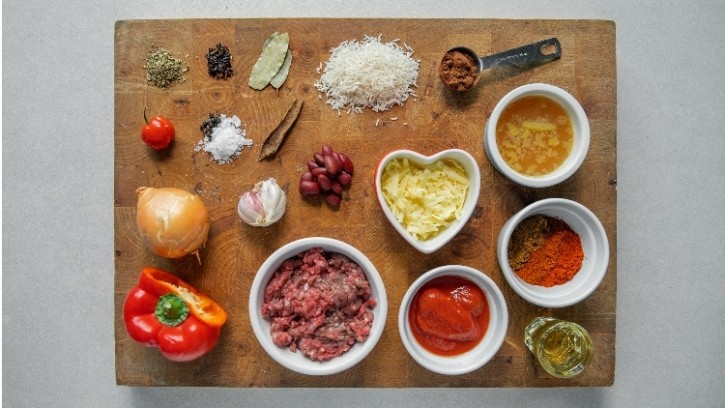Food inflation remains ‘incredibly challenging’

Inflation as measured by the CGA Prestige Foodservice Price Index fell marginally to 21.7% year-on-year in July, new research has revealed.
Despite the slight fall of 0.9 percentage points, inflation remains only just below the Index’s previous peak of 22.9% in December 2022.
The latest Index also reports a month-on-month increase of 0.7%—in contrast to supermarkets, where prices fell by 0.4% between June and July.
A spokesperson for the British Institute of Innkeeping (BII) said high inflation levels across every area of the sector had been severely impacting on the profitability of its members, with energy, food & drink and wage raises creating an “incredibly challenging” trading environment.
While they said it was good to see the slight decrease in food inflation, they said this only meant the rate of cost increases was beginning to slightly reduce. It does not mean pubs will see a reduction in costs to their venues, they explained.
“Despite many trading well with turnovers getting back to pre-pandemic levels in some cases, the simple truth is that profits have not followed the same trend,” the spokesperson added.
The monthly monitor from CGA and Prestige showed signs that some foodservice prices were starting to ease.
Government support
The fish category recorded a 0.8% fall – its first month-on-month drop since July 2022.
Dairy prices remained stable, and the month-on-month increase in the vegetables category slowed by half, from 3.2% in June to 1.6% in July.
The BII spokesperson continued: “Our members are working incredibly hard to ensure they continue to deliver an excellent experience to their customers as well as protecting them from the full impact of high inflation, but they cannot continue to do this forever.
“Government must support them by providing surety around fairer taxation, with a reduction in VAT and a continuation of the business rates relief for 24/25.
“Without this support, local jobs, local economies and local communities will be heavily affected, as will the tax revenue into Treasury.”
While the cost of global food commodities rose by 1.3% in July, the UN FAO Commodity Index remains 11.8% below its value in the corresponding month in 2022.
Brent crude oil prices and major currency rates remained stable throughout July.
However, inflation is falling more slowly in the category of food products, where processed items dominate, and manufacturers remain exposed to high inflationary inputs including energy and labour.
Many of these products are also imported and have accrued additional costs from post-Brexit trading arrangements.
The Food Foundation business engagement manager Chloe Mackean said that while the association was pleased to see inflation starting to ease, the cost of food remained “prohibitively high”.
The most deprived fifth of the population will need to spend 50% of their disposable income on food to meet the cost of the Government recommended healthy diet, Mackean explained.
'Frustrating' conditions
She added: “In spite of these high food costs, there are still actions retailers and the out of home sector can take to ensure people have access to a healthy and sustainable diet, such as making the healthiest children's yogurts and cereals the most affordable in supermarkets.”
Prestige Purchasing chief executive Shaun Allen said that food and drink supply into hospitality has been slower to react to falling input costs than the retail sector.
He added: “We are confident that over the remainder of the year inflation will begin to ease at our kitchen doors, but both buyers and suppliers will need to play their part in curbing the continually rising costs that threaten the existence of so many of our sector’s brilliant operators.”
CGA by NIQ client director James Ashurst said businesses would be relieved to see a slight easing of inflation in July, and said there were some “welcome early signs of relief” in key spending areas for both operators and consumers.
However, he added, with inflation still topping 20%, trading conditions remain “extremely challenging”.
He concluded: “It is especially frustrating at a time when prices are easing in the retail sector, and reinforces the case for targeted government support for hospitality businesses.”







